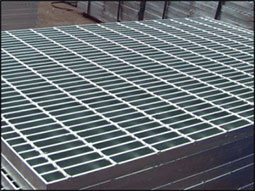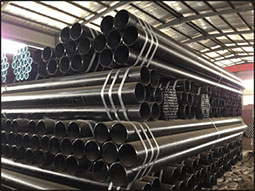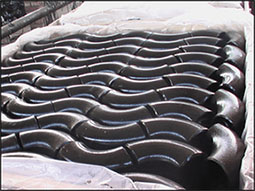Pipeline delay to Israel-Egypt project
Bloomberg reports that Egypt will begin receiving gas from Israel under a US$15 billion deal around the middle of the year, after unexpected issues with the pipeline connecting the countries delayed the start-up by several months.
Shares of the largest Israeli partner in the gas fields fell, according to the report by Bloomberg.
Egyptian Oil Minister Tarek El-Molla told the CERAWeek conference in Houston last week that the government expects the first flows of Israeli gas to arrive around mid-year.
He didn’t give details, but two people familiar with the situation said due diligence by the companies involved had discovered that the pipeline would require more work than expected to bring it online.
The Egyptian partner in the project had said he expected trial quantities to begin flowing in March if the pipeline was found to be in good condition.
The companies developing Israel’s largest natural gas fields and their Egyptian partner agreed last year to buy 39%of the East Mediterranean Gas Co., which owns the subsea pipeline connecting southern Israel to Egypt’s Sinai Peninsula, clearing the main legal obstacle to the 10 year export contract.
The gas deal adds an economic dimension to a relationship dominated by security since the two countries signed a peace treaty that changed the face of the Middle East four decades ago. It also advances Egypt’s plan to capitalise on its own giant Zohr gas field and position itself as an energy re-export hub on the doorstep of gas-hungry Europe.
Egypt will initially import gas from Israel’s Tamar field and receive flows from nearby Leviathan once it comes online at the end of the year. Although the overall condition of the pipeline is good, Israel’s Delek Drilling LP, US based Noble Energy Inc. and Egyptian East Gas Co. found some components were missing or faulty, while modifications and repairs would take longer than foreseen.
Talks are also underway to build a new subsea gas pipeline that would carry additional volumes from Israel’s offshore fields to Egypt’s existing liquefied natural gas plants.








